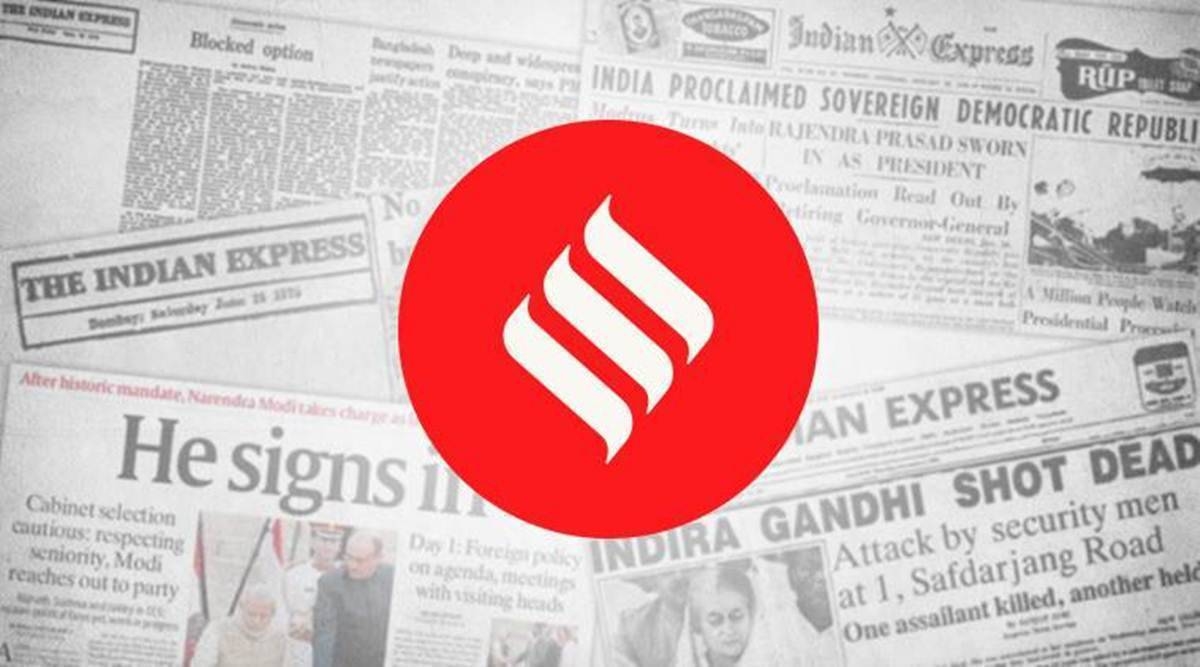 The Pinarayi Vijayan government, a strident critic of state excesses elsewhere in the country, must hold itself up to those same standards — and withdraw an ordinance that does not pass the constitutional test.
The Pinarayi Vijayan government, a strident critic of state excesses elsewhere in the country, must hold itself up to those same standards — and withdraw an ordinance that does not pass the constitutional test.The Kerala government’s decision to amend the law to make allegedly “threatening or abusive or humiliating” social media posts punishable by a jail term crosses many red lines — and walks a path which the Supreme Court has clearly flagged as unconstitutional. By pushing through an ordinance that makes such a draconian change, the Left government not only adds to the steady state encroachment of free speech and individual liberties but it also sets a flagrant example of overzealous policing. Chief Minister Pinarayi Vijayan has defended the amendment in the name of the damage done to “women, transgender people” and families who are the targets of scurrilous attacks on online media platforms. The argument ignores the fact that there are enough provisions in the IPC that can address such violations. Indeed, many of these are being weaponised by police across states, be it Maharashtra or Uttar Pradesh. More worryingly, Kerala’s move is a reflection of a saviour complex that allows states and politicians to invoke a range of ruses — from the protection of the weak, to the aggrieved sentiments of communities, to national security and fake news — to arrogate more power to themselves to regulate and restrict free speech. It is an attempt to smuggle in the iron fist in the velvet glove of noble intentions.
But the Supreme Court has called out such attempts previously. In 2015, the apex court struck down Section 66A of the Information Technology Act, 2000, which gave the government power to arrest and imprison an individual for allegedly offensive online posts. The court ruled that as it did not distinguish between speech that was merely “offensive or annoying” and that which was guilty of inciting a disruption of public order, Section 66A was “liable to have a chilling effect on free speech”. The same judgment also declared as invalid Section 118 (d) of the Kerala Police Act, which prescribed a jail term for those who caused annoyance to others by “indecent” statements, comments, calls or messages. In effect, the new ordinance tries to resurrect a section struck down as unconstitutional by the apex court.
Despite the guarantees in the Constitution, the Indian political class, Left, Right, even Centre, riding on the ballast of a hyper-polarised politics, increasingly looks at free speech, dissent and even legitimate criticism as an exercise in bad faith, and projects it as an attack on democratically elected authority. As a result, existing laws are being weaponised to arrest journalists and citizens for a tweet or a slogan or a Facebook post, when institutions of a mature democracy should have the broad shoulders to shrug off such comments. That the avowedly progressive Left government in Kerala — seen by many of its ardent admirers as a last outpost of liberal values — also decides to strike a blow against liberty is a sign of an endemic intolerance to dissent, cutting across ideological lines. The Pinarayi Vijayan government, a strident critic of state excesses elsewhere in the country, must hold itself up to those same standards — and withdraw an ordinance that does not pass the constitutional test.